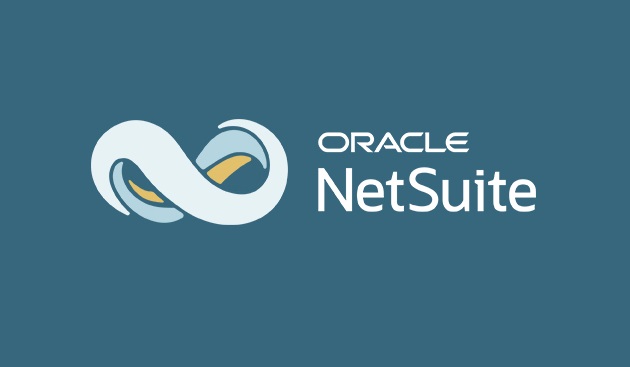The place to be this week is New York City where many leaders of the accounting technology community are talking about the issue of responsible AI. The annual meeting of the AICPA/CPA.com Executive Roundtable featured presentations by 47 technology vendors serving the accounting profession as well as in-depth discussions about the future of the profession, an update from AICPA President and CEO Barry Melancon and CPA.com President and CEO Erik Asgeirsson, the latest news about private equity and its role in accounting firms from mergers and acquisitions specialist, Allan Koltin, and a bit of relaxation time with a dinner cruise on the Hudson River.
The concept of responsible AI was defined by Jeff Easley, general manager of the Responsible AI Institute, who pointed out that responsible AI is made up of several components according to those who are recognized as experts in the field:
- Transparency
- Accountability
- Fairness
- Explainability
- Human Well-being/Centeredness
Each of the technology vendors was tasked with explaining how their companies and projects embrace and these concepts, all the while understanding that we as a profession and as a society are just on the brink of AI utilization.
Easley directed us to the Gartner Hype Cycle for Artificial Intelligence which provides some perspective on where we are in terms of AI adoption.
The fascinating discussion gave us all food for thought as we contemplate the future of AI and how it is likely to impact our profession, the type of work we do, the services we provide to our clients, and the ethical responsibilities that define us.
The overwhelming description of responsible AI when it comes to the technology vendors serving the accounting profession is the concept of human oversight. Anyone who has experimented with AI features in software or has asked questions of generative AI programs such as ChatGPT, is quick to realize that the output is ultimately a result of the human input. Repeatedly, we heard that humans must be in the loop and that the companies serving our profession are working diligently to ensure that there is cautious oversight of all the tasks that AI performs within their products.
Much of the service provided by AI relates to projections and predictions based on continuous real-time monitoring of a company’s performance along with a comparison to industry and competitor performance. To put this in perspective, the AI engine at BILL, for example, makes about 5 million predictions daily according to Stephanie Valenti, vice president of the accounting channel and partnerships at BILL.
In addition, in the very near future we can expect AI services to read and interpret accounting and financial documents so that they are ready for review and do not need to be entered manually. This applies both to audit and tax work. Services like Black Ore for tax automation will remain in touch with the user and expect the tax preparer to review and annotate tax documents, all the while freeing up the tax preparer to devote more time to more lucrative advisory services.
Canopy’s CEO, Davis Bell, reminded us that the goal of AI is not to replace accountants. “We believe AI is going to make them smarter, faster, better.” He reminded us of Amara’s law, which states that we tend to overestimate the effect of a technology in the short run and underestimate the effect in the long run.
Again and again we heard from companies that are automating the manual parts of accounting and providing real-time and much more accurate and fine-tuned information available to accountants who can then use the information to provide value-driven advanced services to clients. It’s a new world out there and technology is going to enable all of us to up our game as advisers to the business community at large.
Thanks for reading CPA Practice Advisor!
Subscribe Already registered? Log In
Need more information? Read the FAQs




